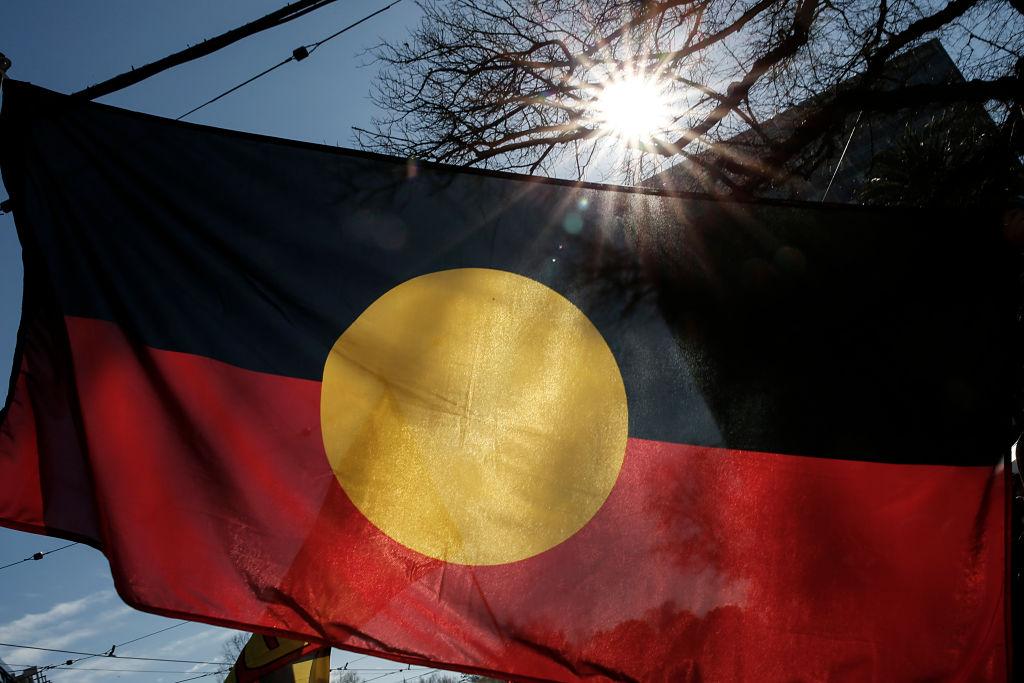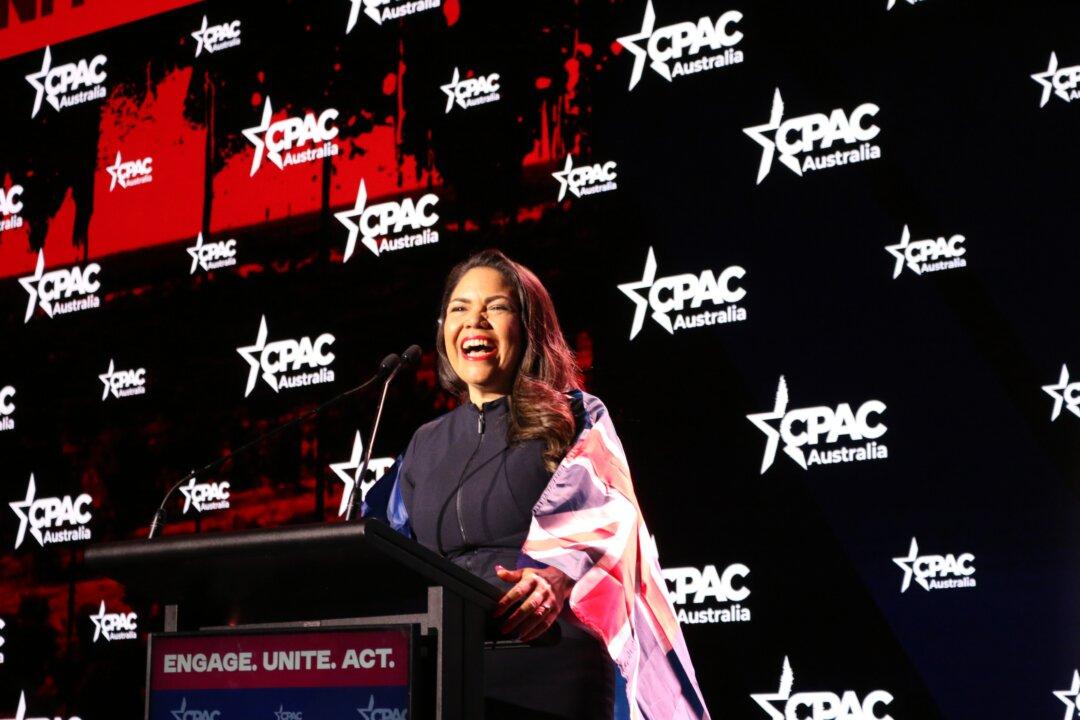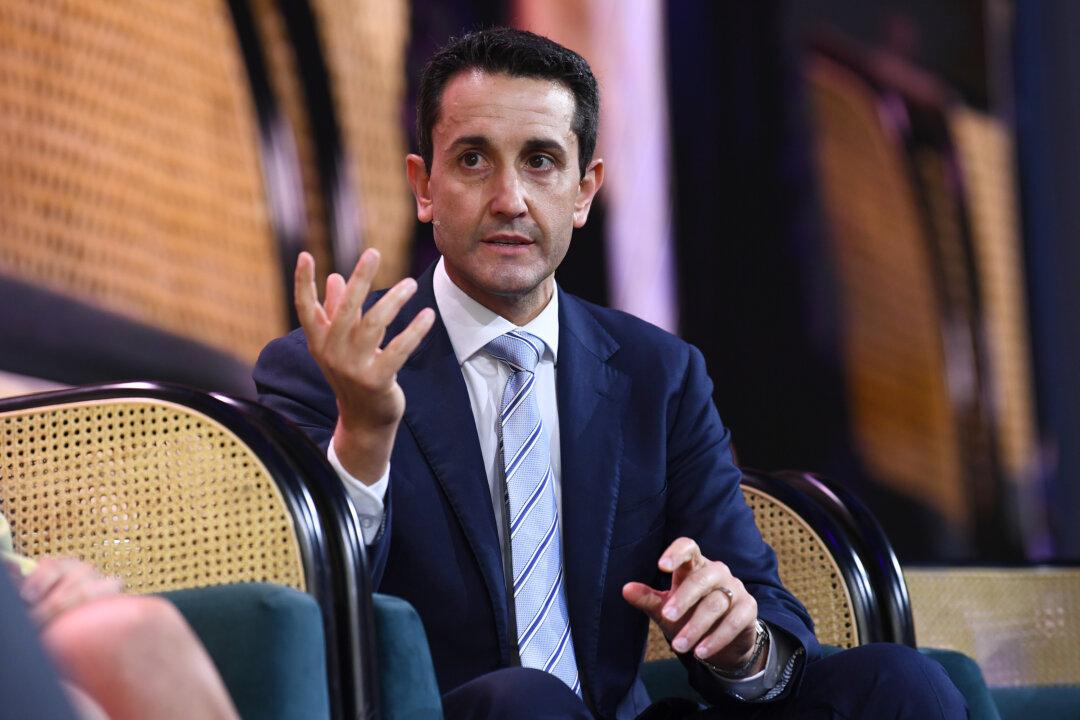Addressing climate change and transitioning to a net zero future while incorporating “Indigenous knowledge” will be among the core approaches of the Australian government’s new scientific framework.
Indigenous knowledge systems have been included as a key component of the new National Science Statement and National Science and Research Priorities.





